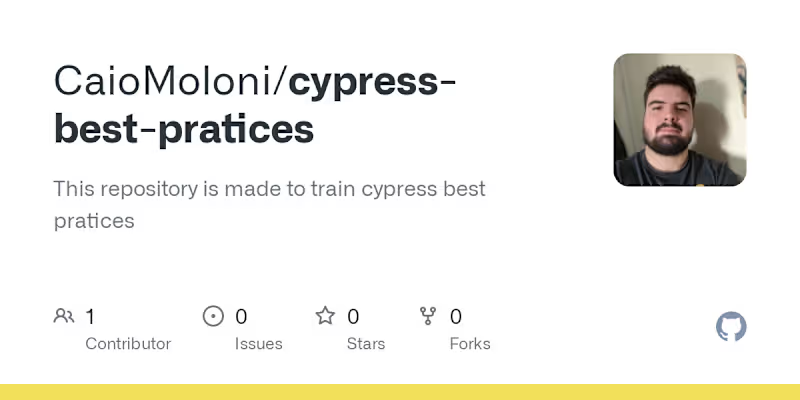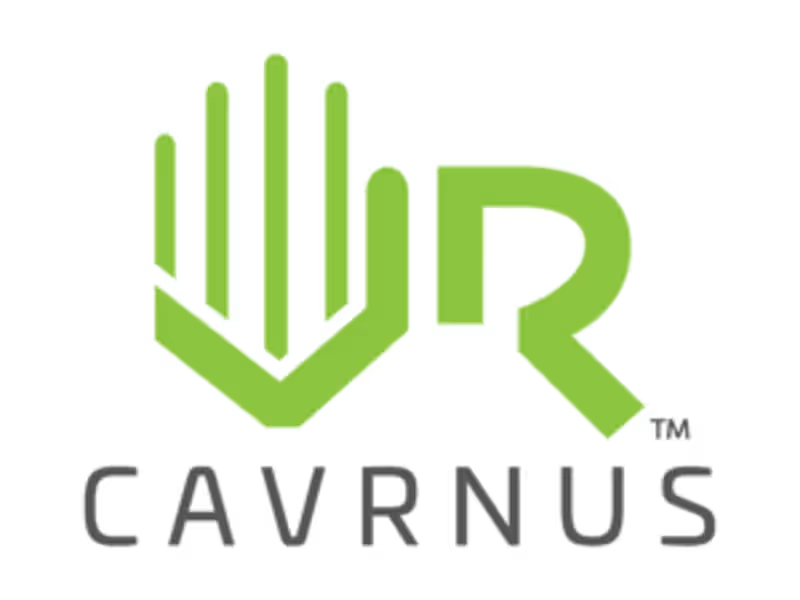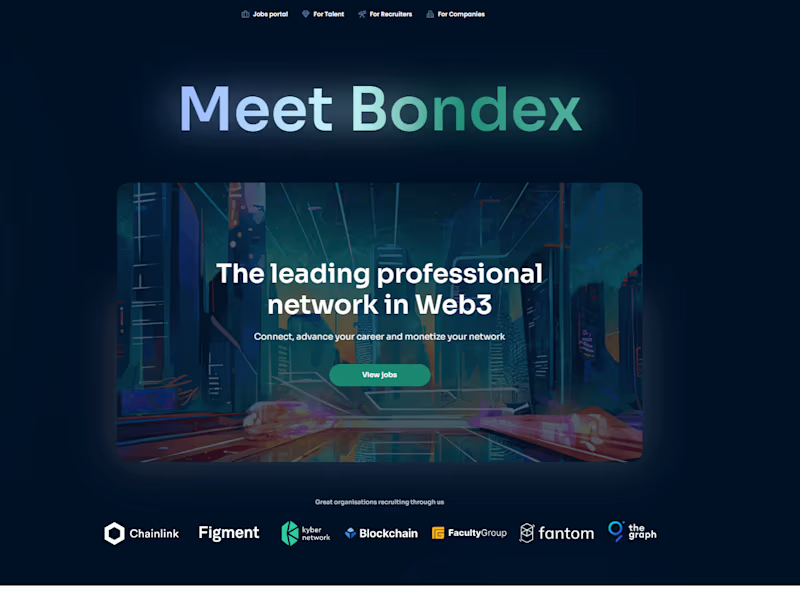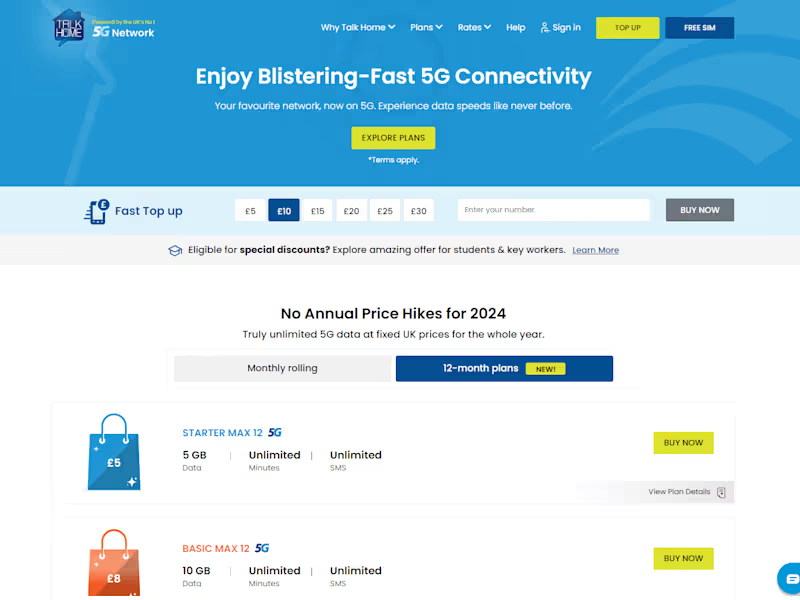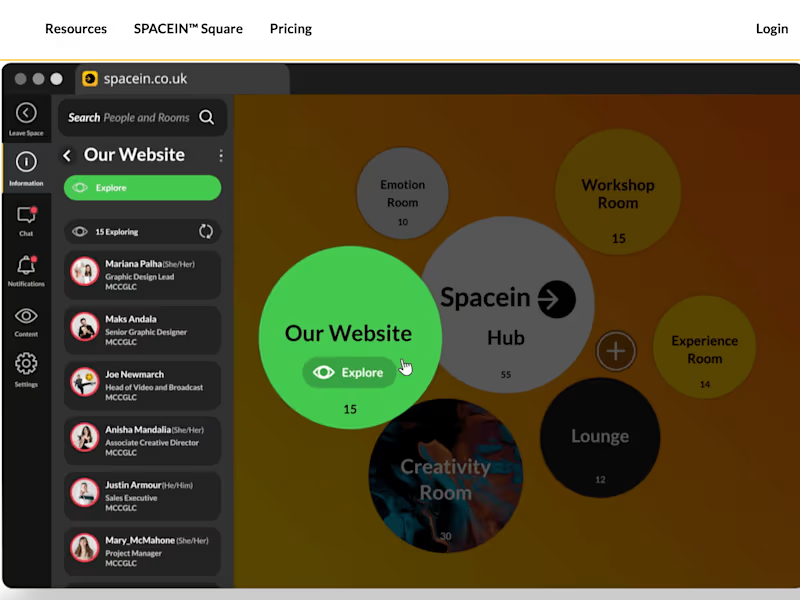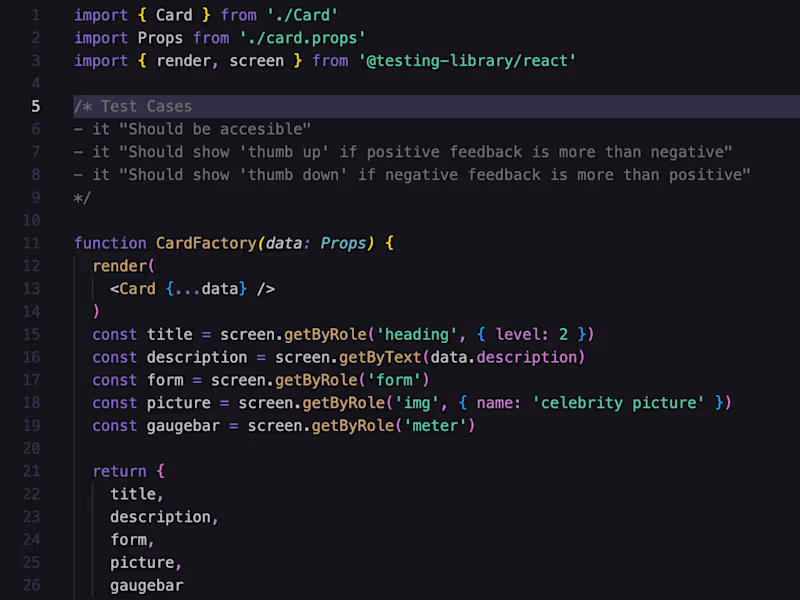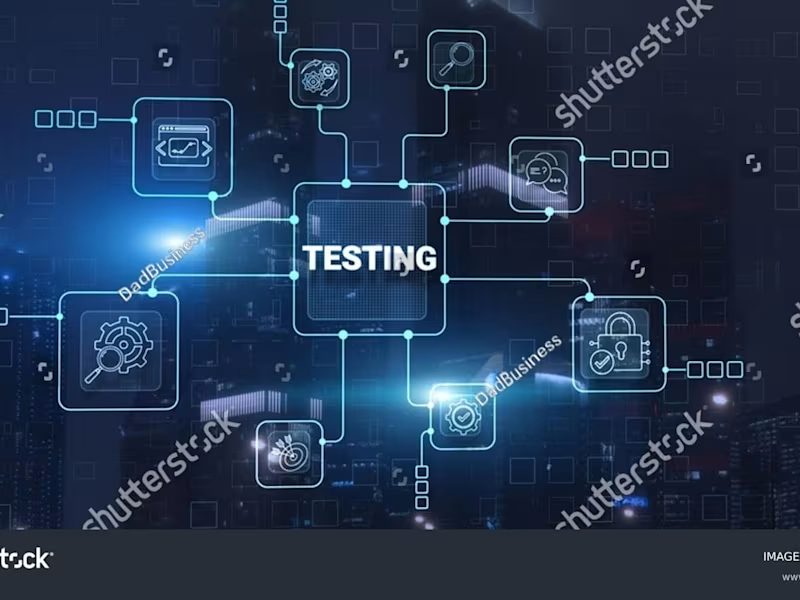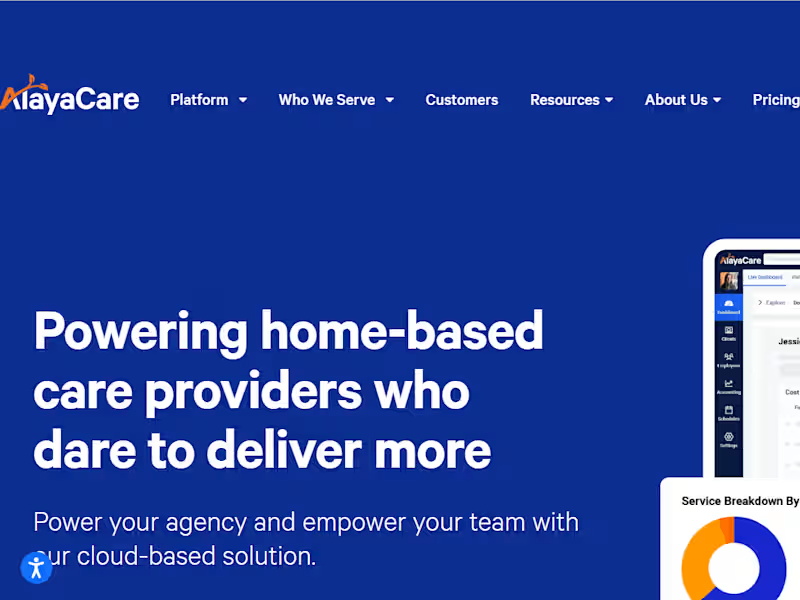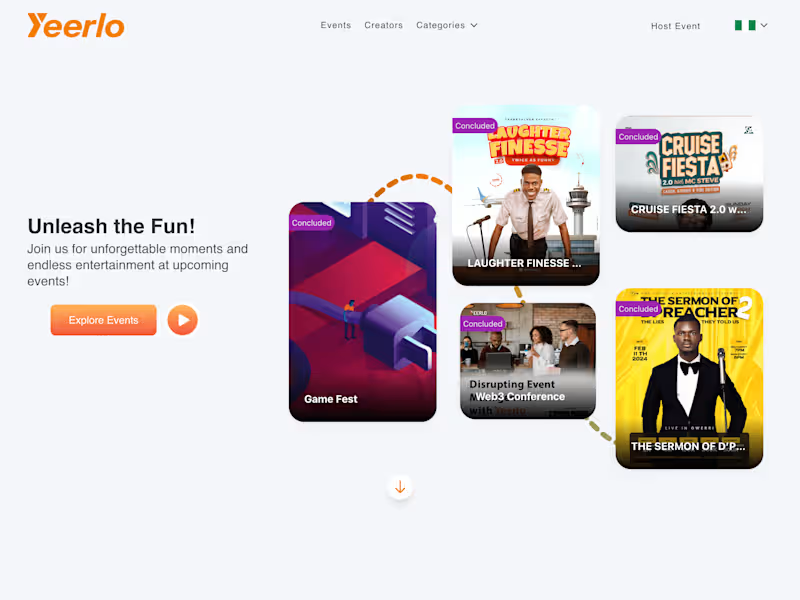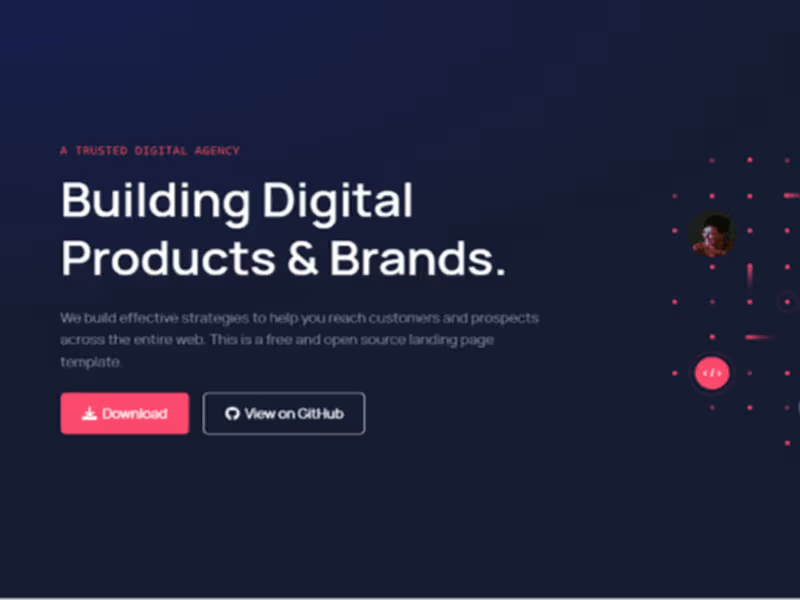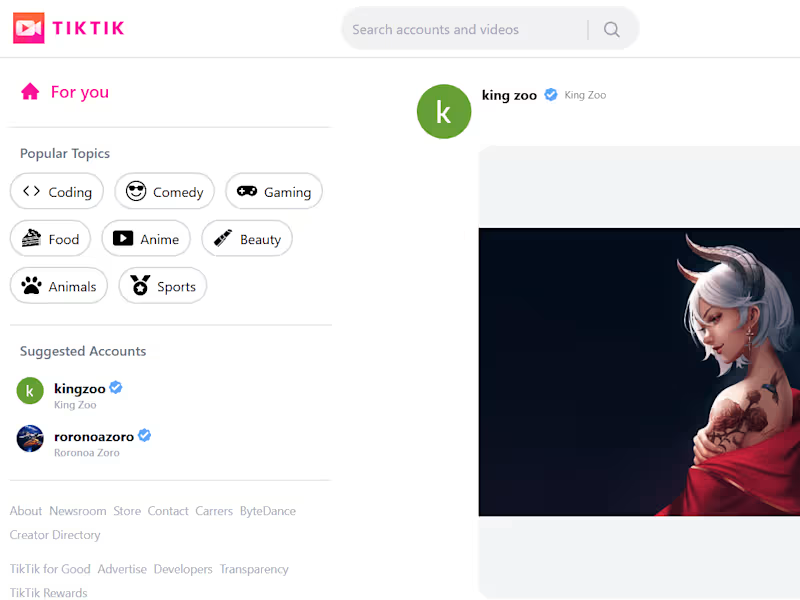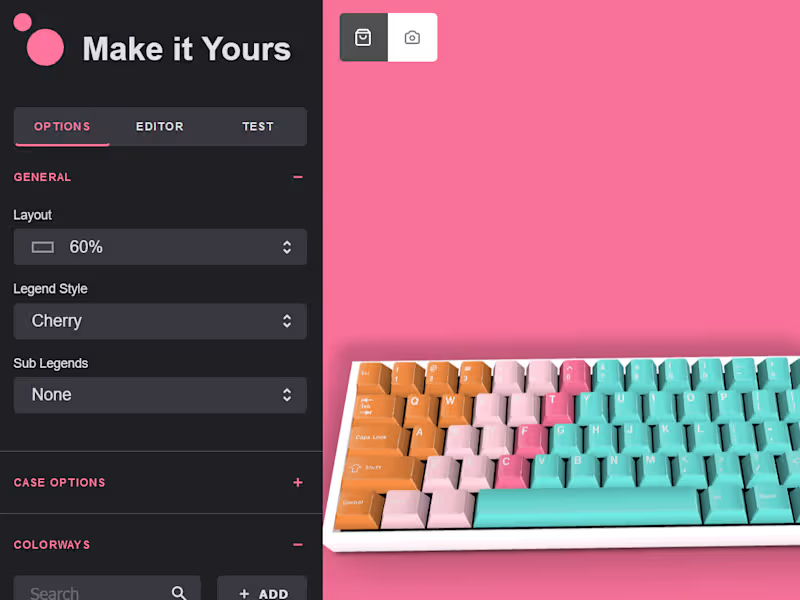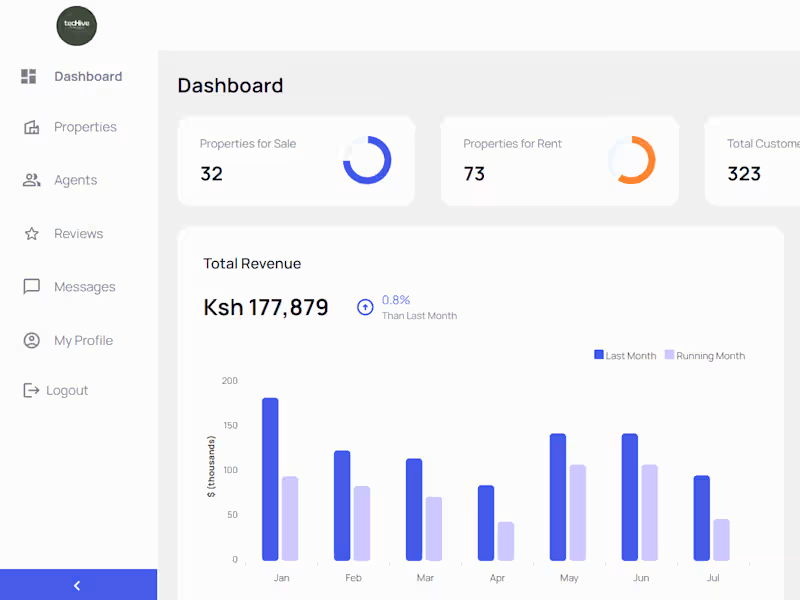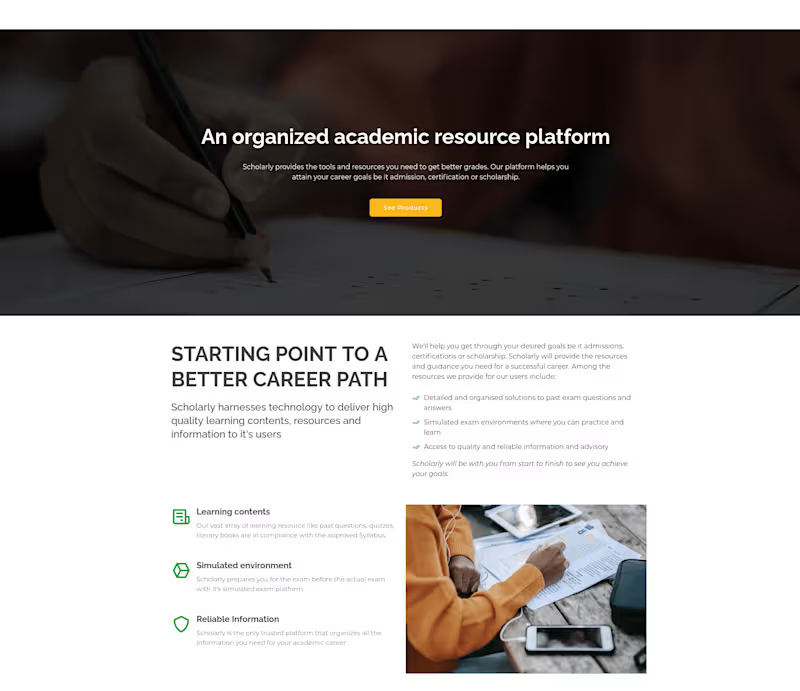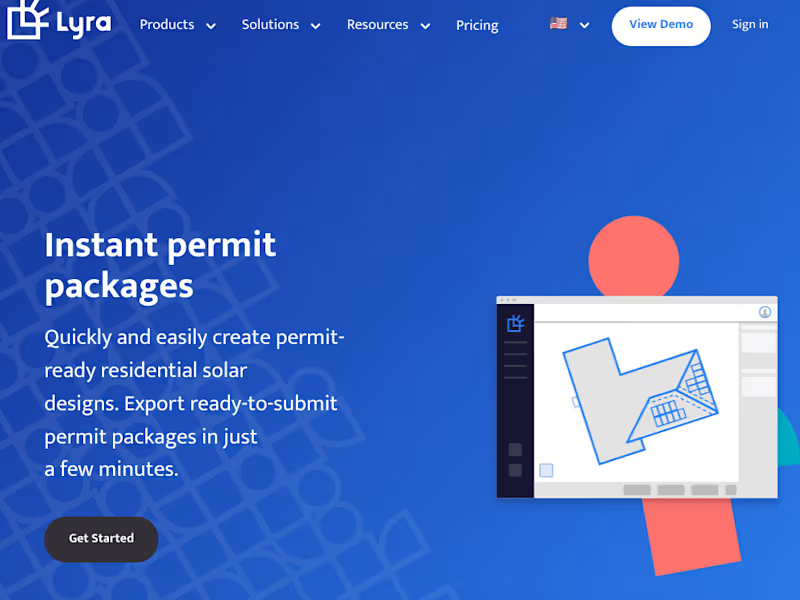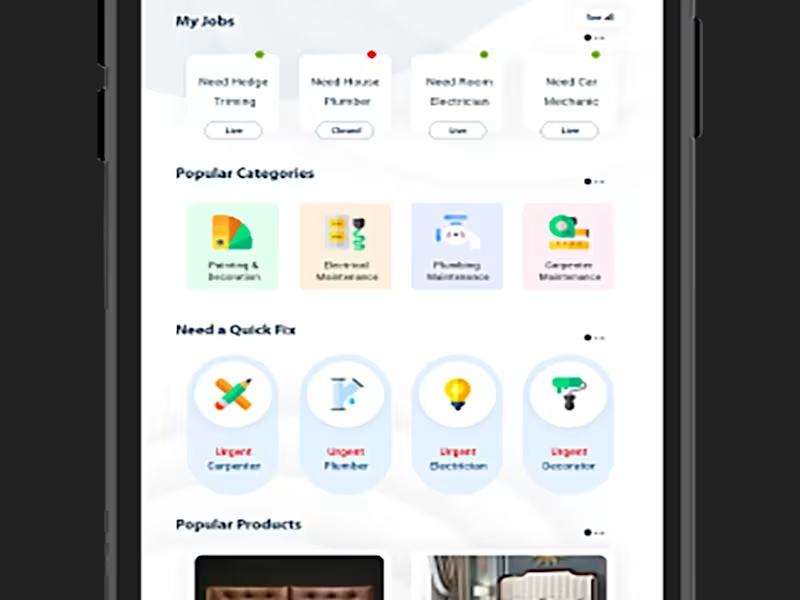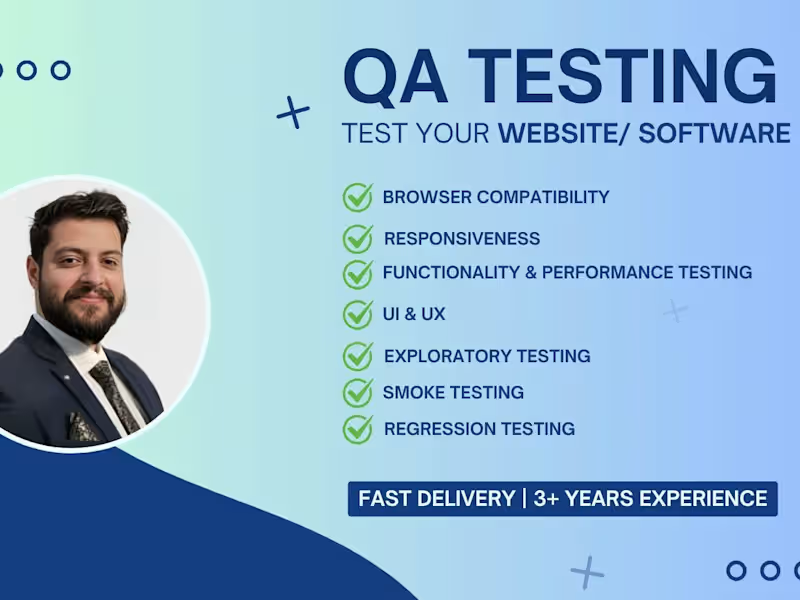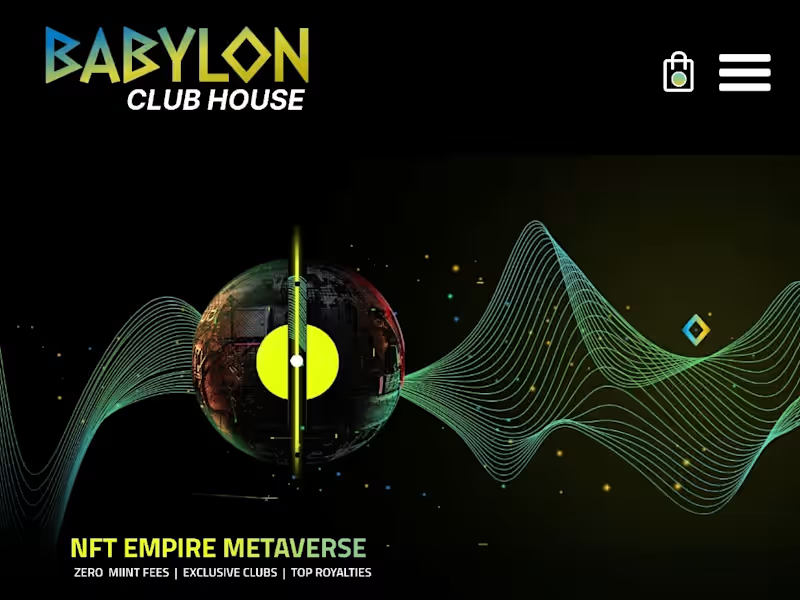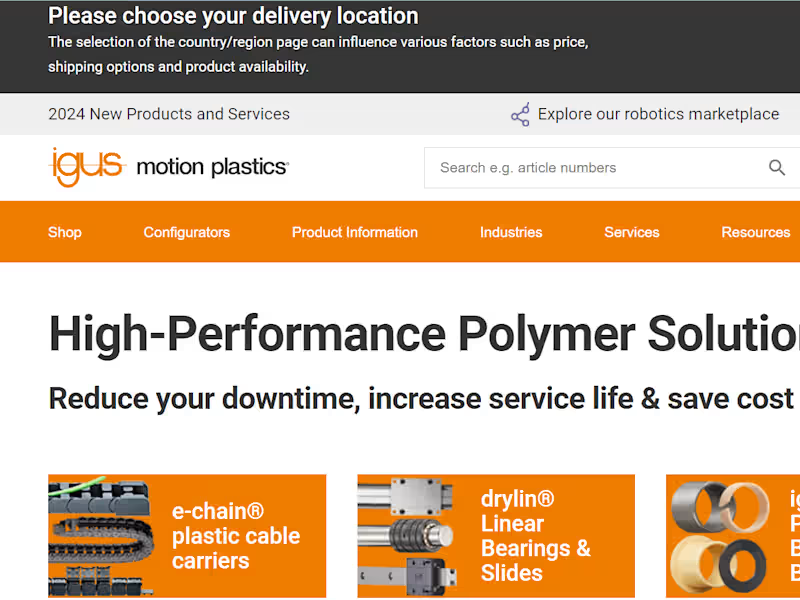Additional resources
What Are Cypress Testing Experts
JavaScript Testing Framework Expertise
End-to-End Automation Capabilities
API Testing and Integration Skills
Cross-Browser Testing Proficiency
Key Skills to Look for in Cypress Developers
Core JavaScript and TypeScript Knowledge
Cypress Framework Commands and Architecture
CI/CD Pipeline Integration Experience
Debugging and Test Optimization Skills
Version Control and Collaboration Tools
Where to Find Cypress Automation Engineers
Specialized Tech Job Boards
Professional Testing Communities
GitHub and Open Source Contributors
Remote Work Platforms
How to Assess Cypress Expert Candidates
Technical Interview Questions
Practical Coding Challenges
Portfolio and Code Review
Real-World Problem Scenarios
Cypress Developer Compensation Guidelines
Freelance Hourly Rates by Region
Full-Time Salary Benchmarks
Contract vs Permanent Position Rates
Experience Level Impact on Compensation
Building Your Cypress Testing Team Structure
Junior vs Senior Role Definitions
Team Size Recommendations
Cross-Functional Collaboration Models
Remote vs On-Site Considerations
Interview Process for Cypress Consultants
Step 1: Initial Technical Screening
Step 2: Live Coding Assessment
Step 3: Framework Architecture Discussion
Step 4: Cultural Fit Evaluation
Step 5: Reference Verification
Common Challenges When Hiring Cypress Experts
Limited Talent Pool
Competing Technologies and Frameworks
Skill Verification Difficulties
Budget Constraints
Essential Certifications and Training for Cypress Professionals
Industry-Recognized Certifications
Online Course Completions
Workshop and Conference Participation
Continuous Learning Requirements
Retention Strategies for Cypress Testing Teams
Career Development Paths
Skill Enhancement Programs
Competitive Compensation Packages
Work-Life Balance Initiatives
Future Skills Requirements for Cypress Experts
AI-Augmented Testing Knowledge
Mobile Testing Capabilities
Performance Testing Integration
Security Testing Awareness
What Are Cypress Testing Experts
JavaScript Testing Framework Expertise
End-to-End Automation Capabilities
API Testing and Integration Skills
cy.request() command to validate backend services, test authentication flows, and verify data integrity across system boundaries.



























